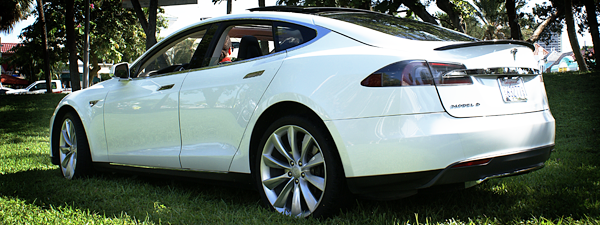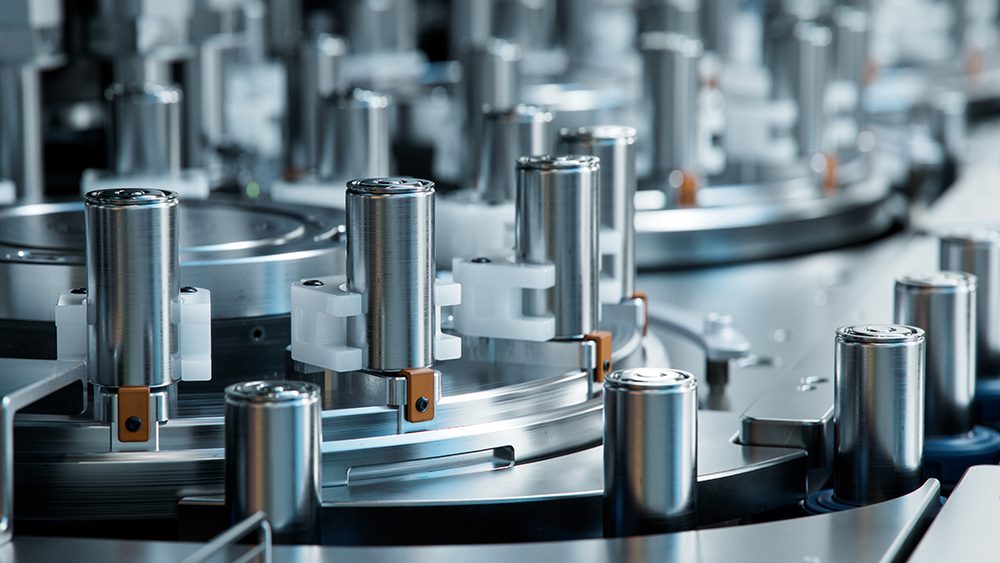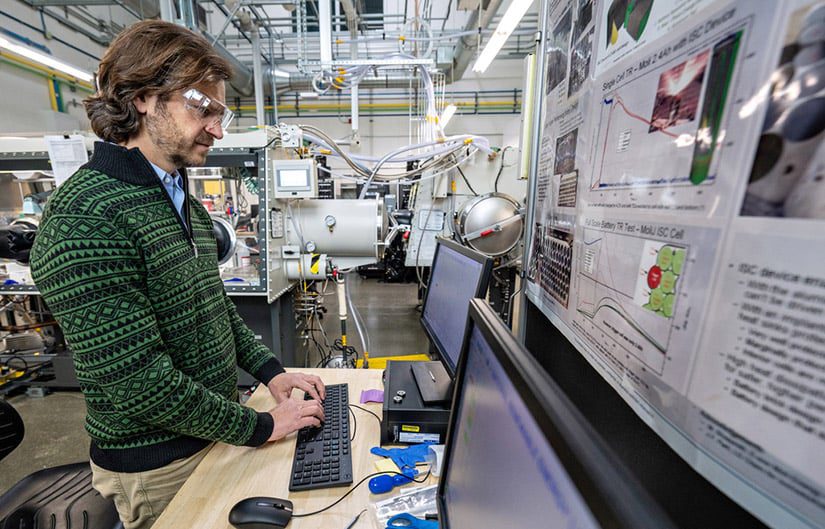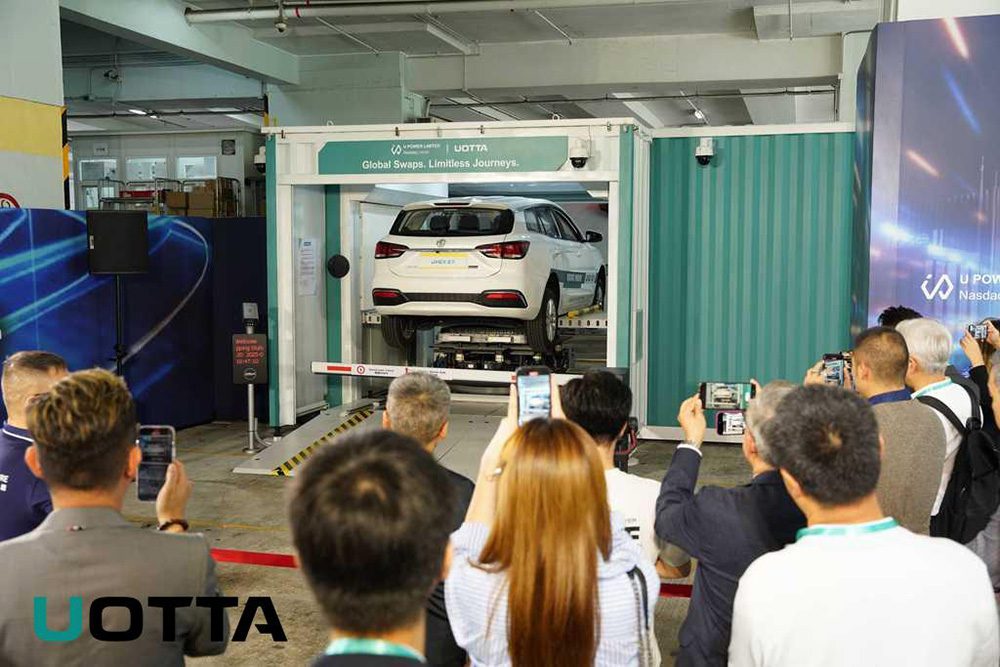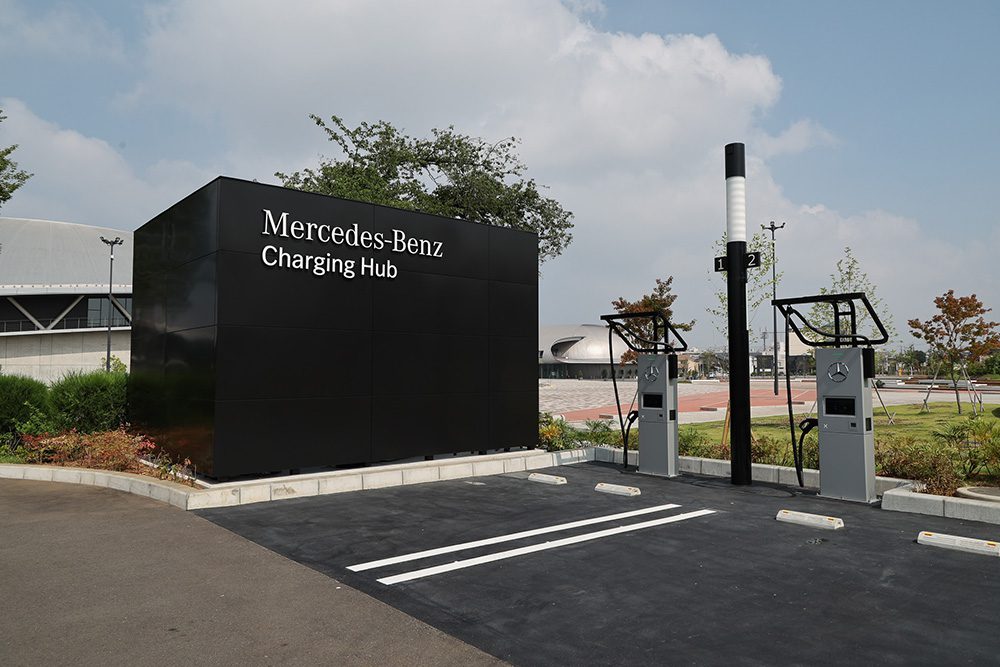It’s probably not smart to bet against a man who can revolutionize online payments, stare down the mighty New York Times, and send a rocket into space. Tesla Motors shares (Nasdaq:TSLA) hit a record high Tuesday, flirting with $53 a share, then settled back today, to hover around $50 as of this writing. The start-up’s stock, which went public at $17 a share in June 2010, is up around 43 percent since the beginning of this year.
The main driver of the surge is Tesla’s recent announcement that it had exceeded its sales targets, and expects to be fully profitable this quarter. Other tidbits of good news abound – the company plans to pay back its DOE loans early, has just announced an attractive financing option, and has so far been successful in its legal fights against entrenched auto dealers.
Of course, what really drives stock prices is the unexpected, and a whole lot of people expected Tesla to fail spectacularly. Short sellers have flocked to the stock – short interest has been running at over 40% of the float. Market analysts tell us that stocks with a lot of short interest tend to see huge rises on good news, because short sellers are forced to quickly purchase stock to cover their positions.
Tesla will release its first quarter results in early May.
As in show business, name recognition and publicity are like vitamins in the stock market, and Tesla has been getting huge amounts of exposure all over the media spectrum. Mags from Car & Driver to Consumer Reports have published glowing reviews of the Model S, and Mr Musk’s public tiff with the Times was covered in hundreds of print and online outlets. More recently, the Economist ran a brief but favorable profile of the company, Time named Musk one of the world’s 100 most influential people, and pundit Sarah Palin ignorantly lumped Tesla with failing Fisker, setting off a fierce left-vs-right flame war.







